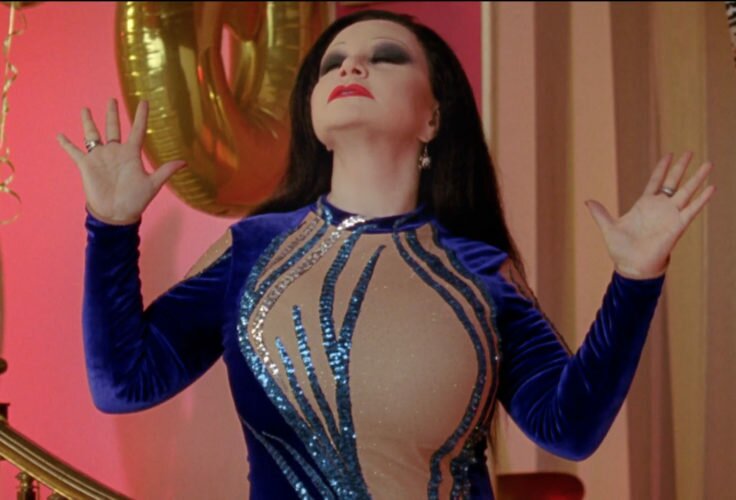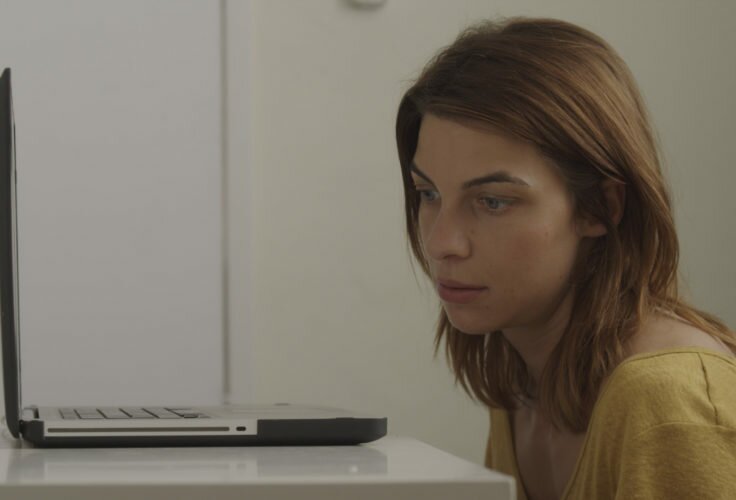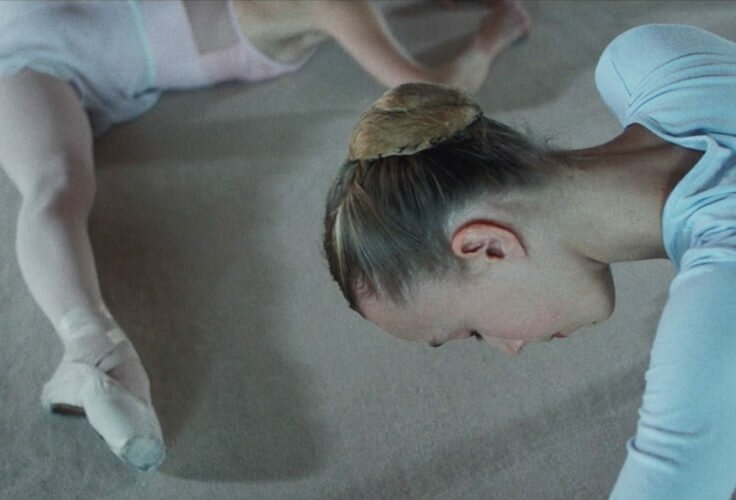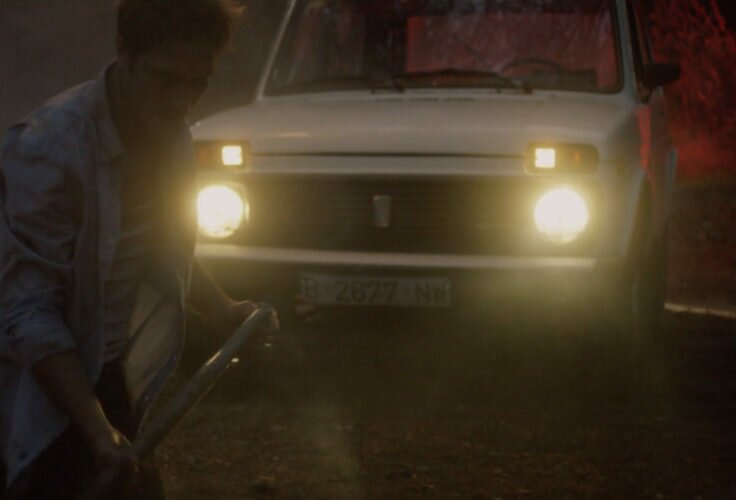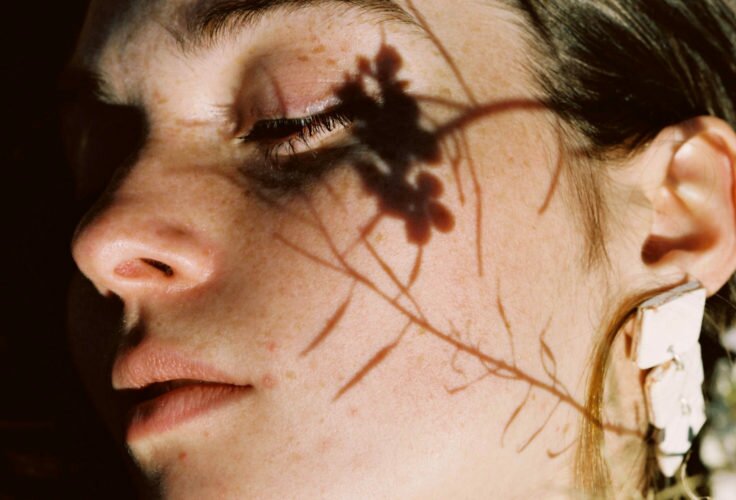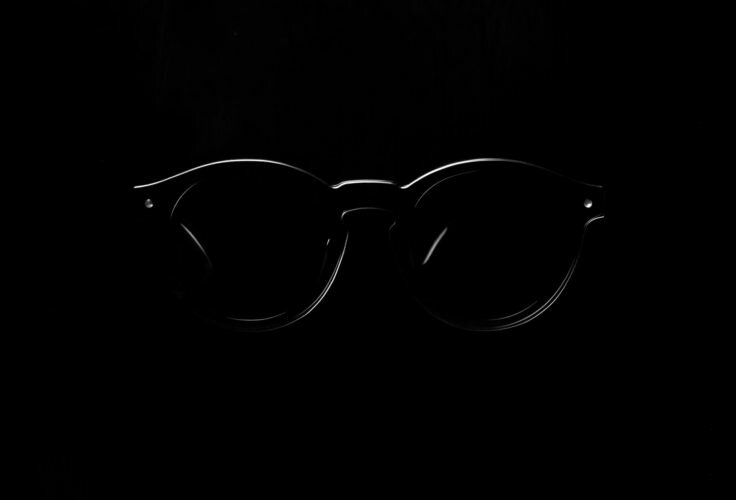Essays
When you’re
By Aïda Camprubí
In the world of comic books there’s no Social Danger Act: slackers and criminals are totally welcome. That’s why it’s so easy to see yourself reflected in some of its characters and why what we term generational (anti)heroes are so easily created. But let’s not go into the generational issue, to each his/her own cult. Comic books are a kind of third space –like the bars described by Mar Calpena–, in which you sit down to see people’s faces and to socialise, particularly with some of the nooks within yourself. It was in one of those gloomy corner tables where I first met Simon Hanselmann, an Australian transvestite illustrator, who claims using all the clichés (wigs, miniskirts, fishnet stockings and high heels) to “seem this kind of fake media version representing what a woman is meant to be.” How come we connected so much? Because however transvestite, trans, woman or not, our life is like a big joke.
[Note: In fact, he’s not the only heterosexual author sporting feminine paraphernalia. Daniel Clowes, apart from acknowledging his passion for latex, was drawn by the Hernández brothers with stockings and suspenders; and in other fields, like music, it’s well-known the philia of Fat Mike for elastic dresses, as you can see in his last .]


